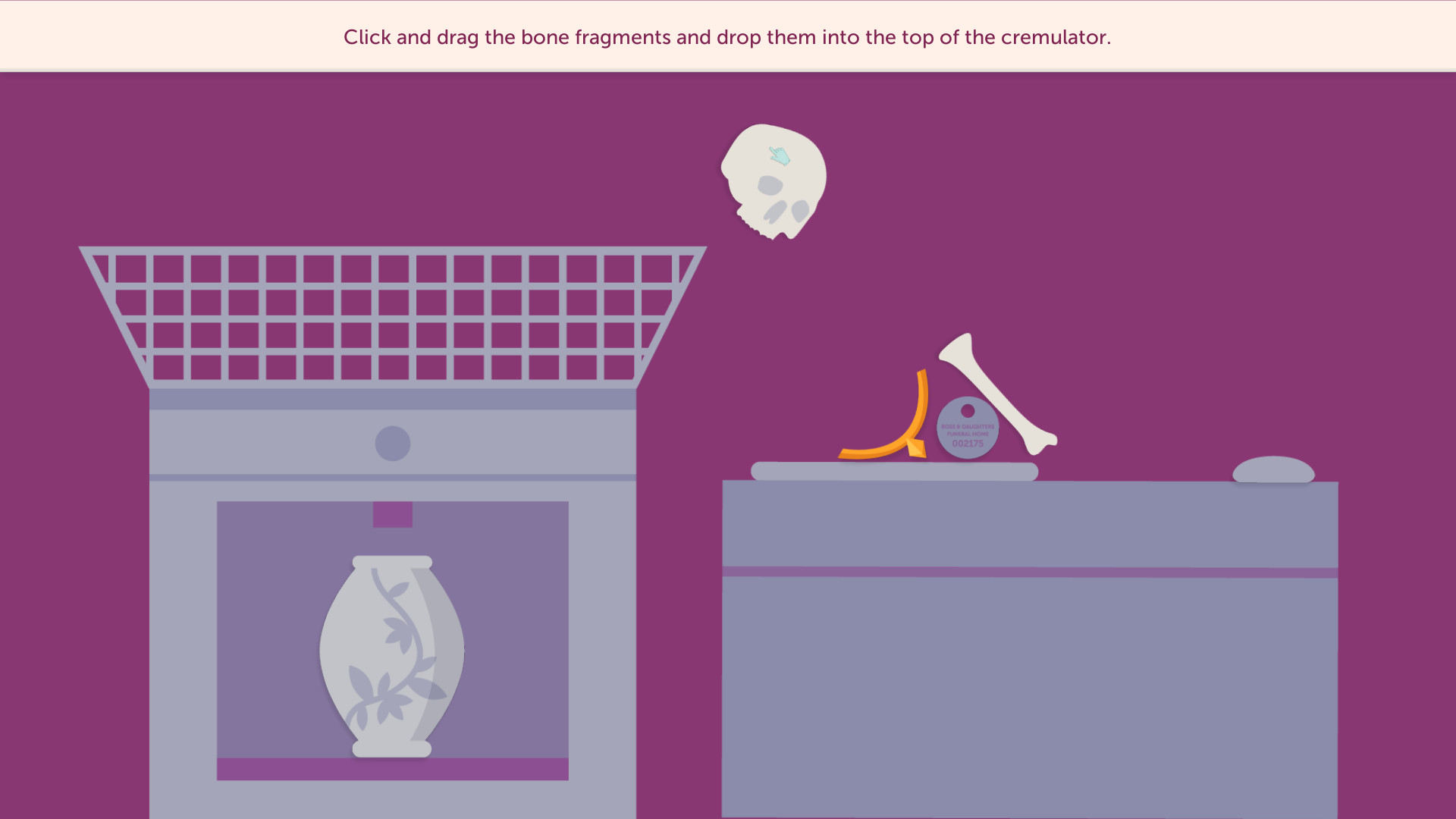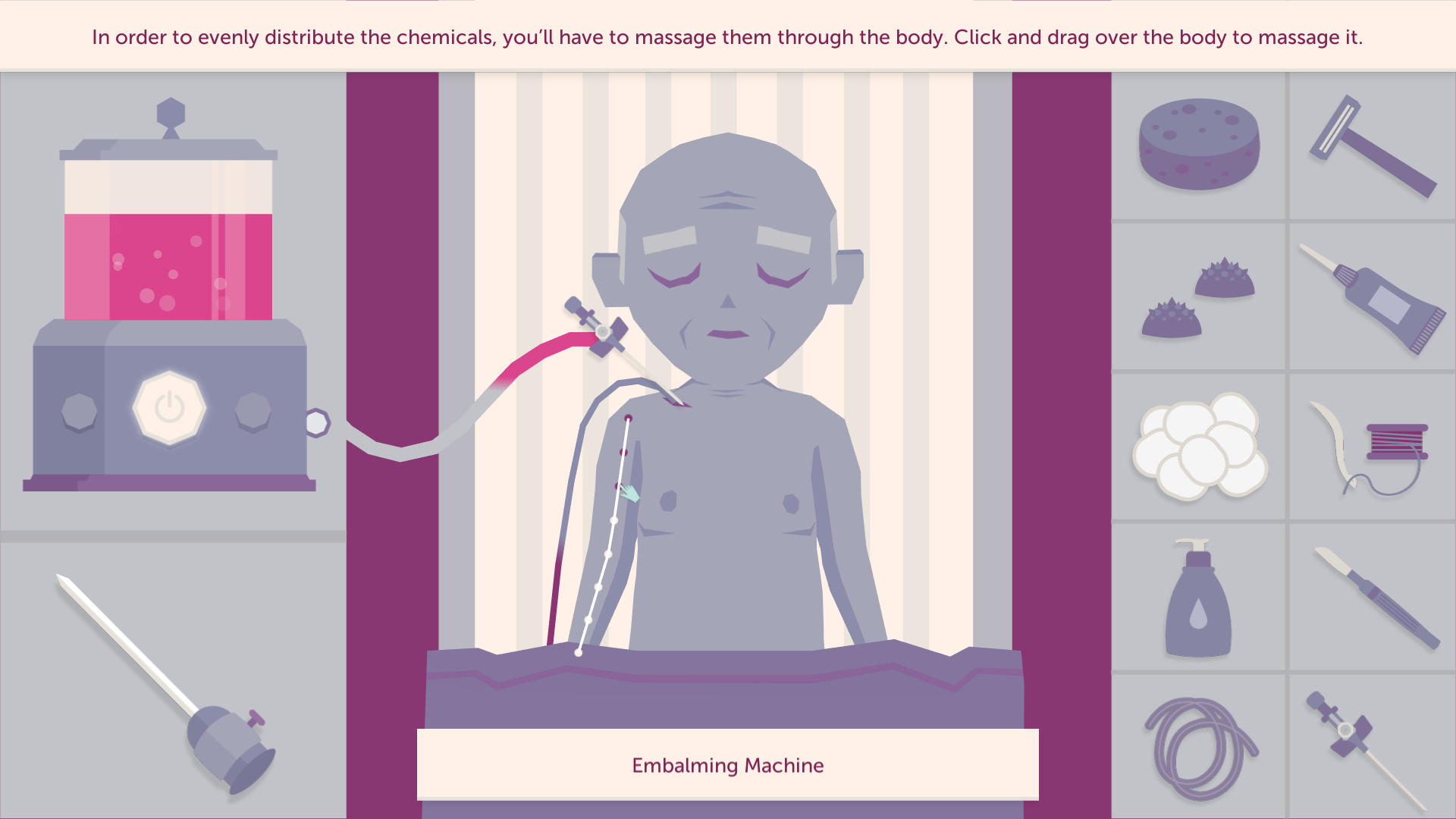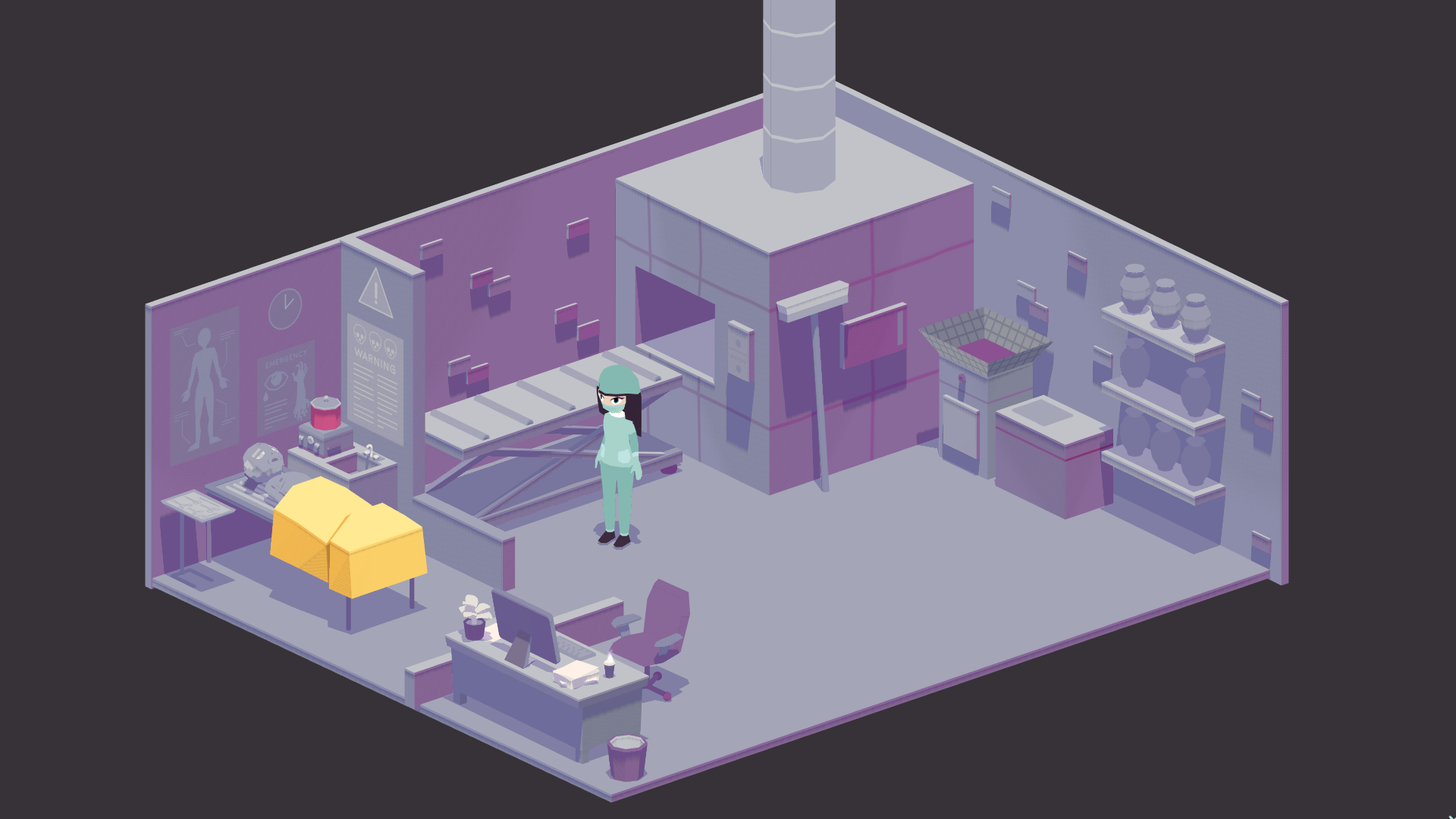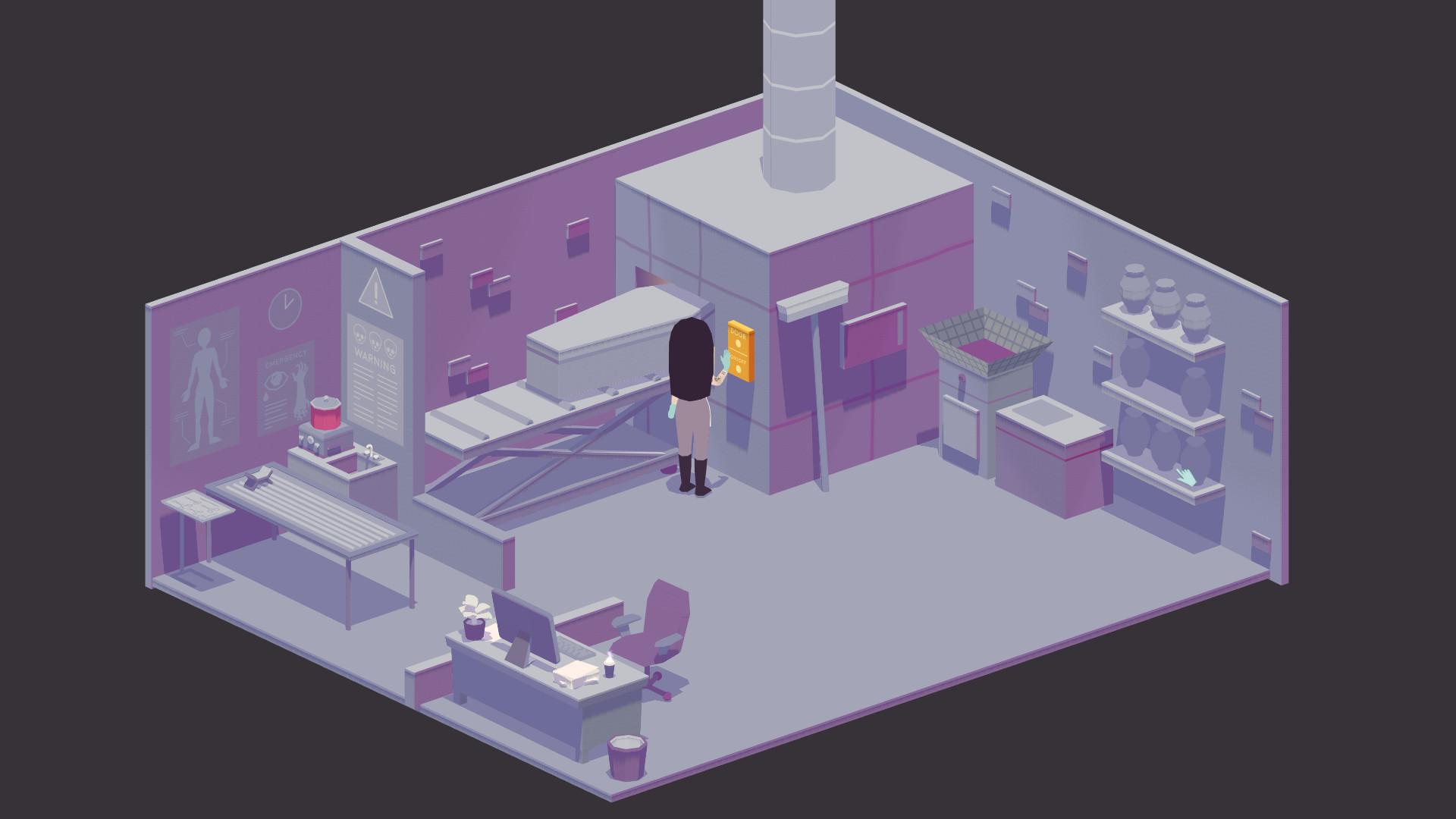Halfway through university, I took a temp job as a catering assistant, and ended up working a wedding. I’d temped as both a waiter and kitchen assistant before, and have since. It’s mostly…forgettable. You sometimes get to try food you wouldn’t be able to afford otherwise, but aside from the menu, there’s not much to separate one job from the next. The wedding was different. I still remember how carefully I carried plates; my nervous hands as I poured drinks. You realize that your actions will, however modestly, be indelibly etched onto the couple’s mental snapshots. The tasks you usually approach with a routine, cheerful indifference are all contributions to a uniquely significant event. It was nerve wracking, but – as I suppose can be said of most things in life – at least it wasn’t a funeral.
Memento Mori
The steam from Charlie’s coffee floats upwards like smoke from an incense brazier as she reads her emails, and it’s fitting. This is, after all, her temple. The place she performs her rituals, each day breathing new life into her moribund tasks. Emails from colleagues are warm and open, almost vulnerable. A Mortician’s Tale makes this most alien of spaces, filled with surgical implements and embalming jars, feel welcoming. The pink and purple hues strip death of a masculine posturing and culturally imposed otherness; inking over the crimsons and silvers of the head shots and power moves that are – so often in games – the first and last consideration of life’s finality. And really, is there a bigger middle finger to the medium’s macho fetishisation of death imaginable than a pink skull as a loading icon?
Spoiler warning in effect for those of you that haven’t played.

Charlie’s friend Jen tells her in an email that she “didn’t even really know mom and pop funeral homes were a thing now, guess it’s not something I really think about that much”. And really, who can blame her? Death is, so often, an abstraction. Like the origins of our food or the fate of our waste, we willingly emancipate ourselves from the chains of cause and effect until forced into confrontation. A few emails later, Jennifer vents her frustration at workplace condescension – “these are the kind of things I specifically research, yet am treated like I know nothing about”. It’s an upsettingly real depiction of academia’s prevalent institutional sexism, but a reminder too that, despite her expertise, Jennifer stiil deals with death as an artifact. In her case, as literal museum exhibits. Charlie is the one getting her gloves bloody.
Do not go gentle
The first time Charlie performs an embalming, A Mortician’s Tale asks you to combat a visceral uneasiness with professional efficiency. It becomes difficult, in these moments, to be cognizant of the reverence we afford to the deceased. To consider the deeds wrought by human hands as you massage rigor mortis from muscles. To imagine the person behind the pale marionette as you sponge away filth, drag a blade through flesh, drain away the vestiges of life blood. Although the weight of your task never quite leaves you, the performance becomes almost arbitrary. As Charlie becomes fluent through repetition, it’s strange to think of her day as just a series of tasks. The punctuation point on someone else’s story is a vignette in hers, their epilogue barely a chapter.

The expression of Charlie’s day through objective lists also become stranger the more you engage, but it makes sense. A Mortician’s Tale deliberately frames the elegiac in the everyday. It treats death neither with sardonic irreverence, nor holy significance, focusing instead on demystification. Death is, after all, the most natural thing in the world. Newsletters from ‘Funerals Monthly’ aim to replace morbid fascination with enlightenment. With genuine appreciation of cultural differences, and with awareness of green funerals, of etiquette and posthumous mis-gendering. It is mindfulness, not nihilism, that allows Charlie to play her part with such precision.
Knocking on Heaven’s Door
When Rose and Daughters funeral home start to struggle financially, and are eventually bought out by Hillside Heritage Enterprises Inc., the corporation choose to keep the Mom and Pop’s name. “A move on their part to keep up the image that it’s a family-run business”, the previous owner Amy suggests. When this happens, I was reminded, in a way, of the beautification of Charlie’s corpses. After all, what’s embalming for, if not freezing time at the moment before death? The hyper-real visage of a loved one becomes painted death mask for a cold stranger. Rose and Daughter’s name becomes the cotton ball in the mouth, the lotion on the wrinkled corporate hand that feeds. It begins to feel colder. Charlie is ‘Charlotte’ now. She covers her tattoos.

Jen emails you about ‘Tales from the Crypt Sweeper’ a fictional game that treats death in much the same way most real games do. Normally, you wouldn’t bat an eye. As Charlie, standing by her surgical equipment, it’s hard not to look at it differently. The maudlin iconography associated with death seems so unusual, now, when considered. Charlie spends her days hearing the relatives of the recently deceased comment on perfect crab cakes in rooms heavy with the expectation of grief without nuance.
Ashes to Ashes
Corporate instruct Charlie to see to the body of a ‘young man who took his own life’. He wanted a cremation, but the family have disregarded his wishes. For the first time in A Mortician’s Tale, you are given a choice. A part of me was curious, but blind respect for archaic traditions over humanism makes my blood boil, and I refused. I am glad A Mortician’s Tale gave me that choice. Corporate continue to up-sell profitable funerals, ignoring the wishes of the bereaved. The rooms becomes filled with people at funerals that are neither for the dead, nor themselves.

In the blank screen between seasons, the somber, ambient electronica that has scored Charlie’s days suddenly becomes hopeful. When color returns to the world, the scene has changed. Her emails congratulate her on starting her own business. When she steps outside, it is no longer to a cramped room, but an open sky. Charlie’s tattoos are back on show. Grey walls are now green leaves. Mourning death is replaced, finally, by the celebration of life that funerals should always be.




[…] On A Mortician’s Tale […]